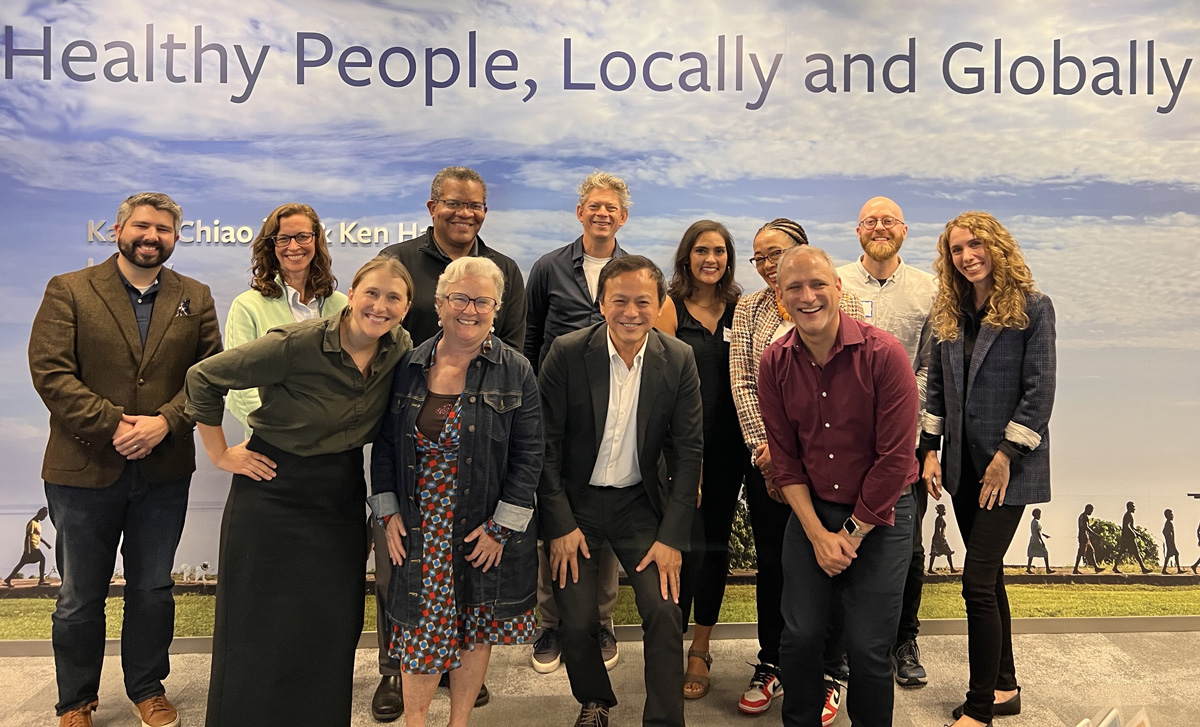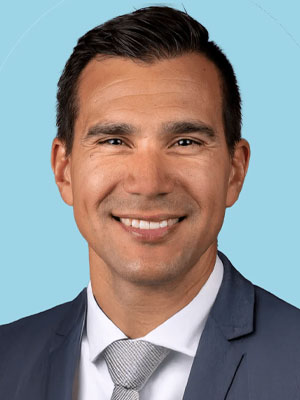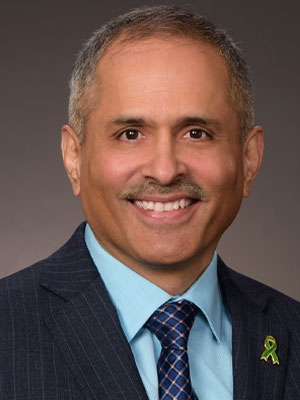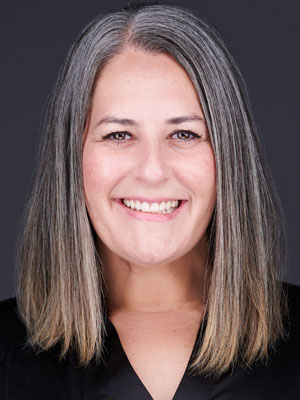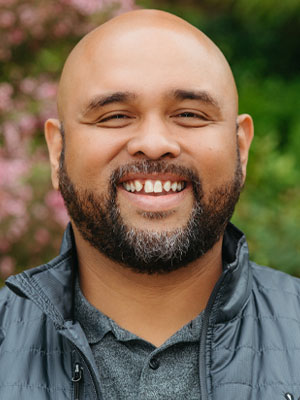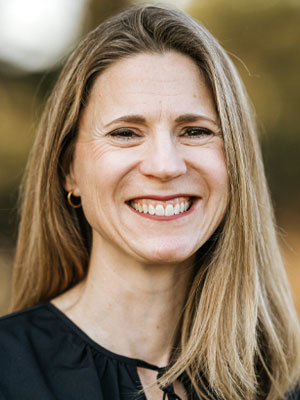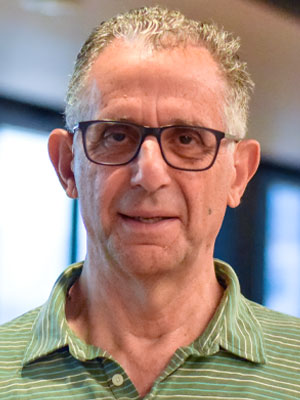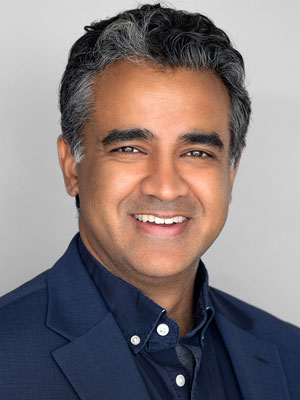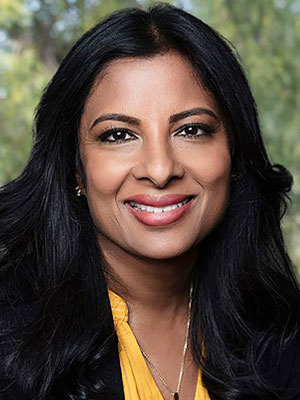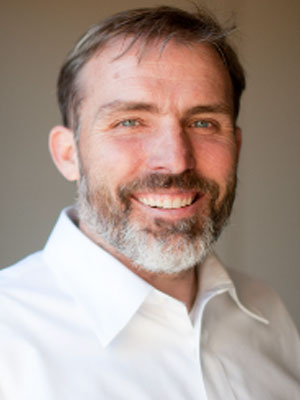Sarita A. Mohanty, MD, MPH, MBA, is President and CEO of The SCAN Foundation, an independent public charity working to create a society where all people can age well with purpose. Under her leadership, the Foundation drives bold, equitable changes in how older adults age—at home or in community.
Before joining SCAN, Sarita was Vice President of Care Coordination for Medicaid and Vulnerable Populations at Kaiser Permanente. Her past roles include Chief Medical Officer at COPE Health Solutions, Senior Medical Director at L.A. Care Health Plan, and Assistant Professor of Medicine at the University of Southern California.
She earned her MD from Boston University, an MPH from Harvard, and an MBA from UCLA, with an undergraduate degree from UC Berkeley. Sarita completed her residency in Internal Medicine at Beth Israel Deaconess and a research fellowship at Harvard Medical School. She continues to teach as an Associate Professor at the Kaiser Permanente Bernard J. Tyson School of Medicine and practices internal medicine with Kaiser Permanente.
Sarita’s expertise spans care integration, Medicaid/Medicare systems, social determinants of health, and system-level transformation. She is passionate about improving care for vulnerable populations by aligning physical, behavioral, and social care—particularly within safety net Systems.
She serves on several advisory councils and boards, including the Implementing the MPA in California Together (IMPACT) Stakeholder Committee, which guides innovations in aging, disability, and equity policy.
In 2023, she was named to ForbesWomen’s “50 Over 50” list in partnership with Know Your Value, celebrating her impactful leadership and aligning with SCAN’s mission to elevate aging as a superpower.
Outside of work, Sarita enjoys international travel, tennis, and time with her husband, three children, and their dog, Apollo.
